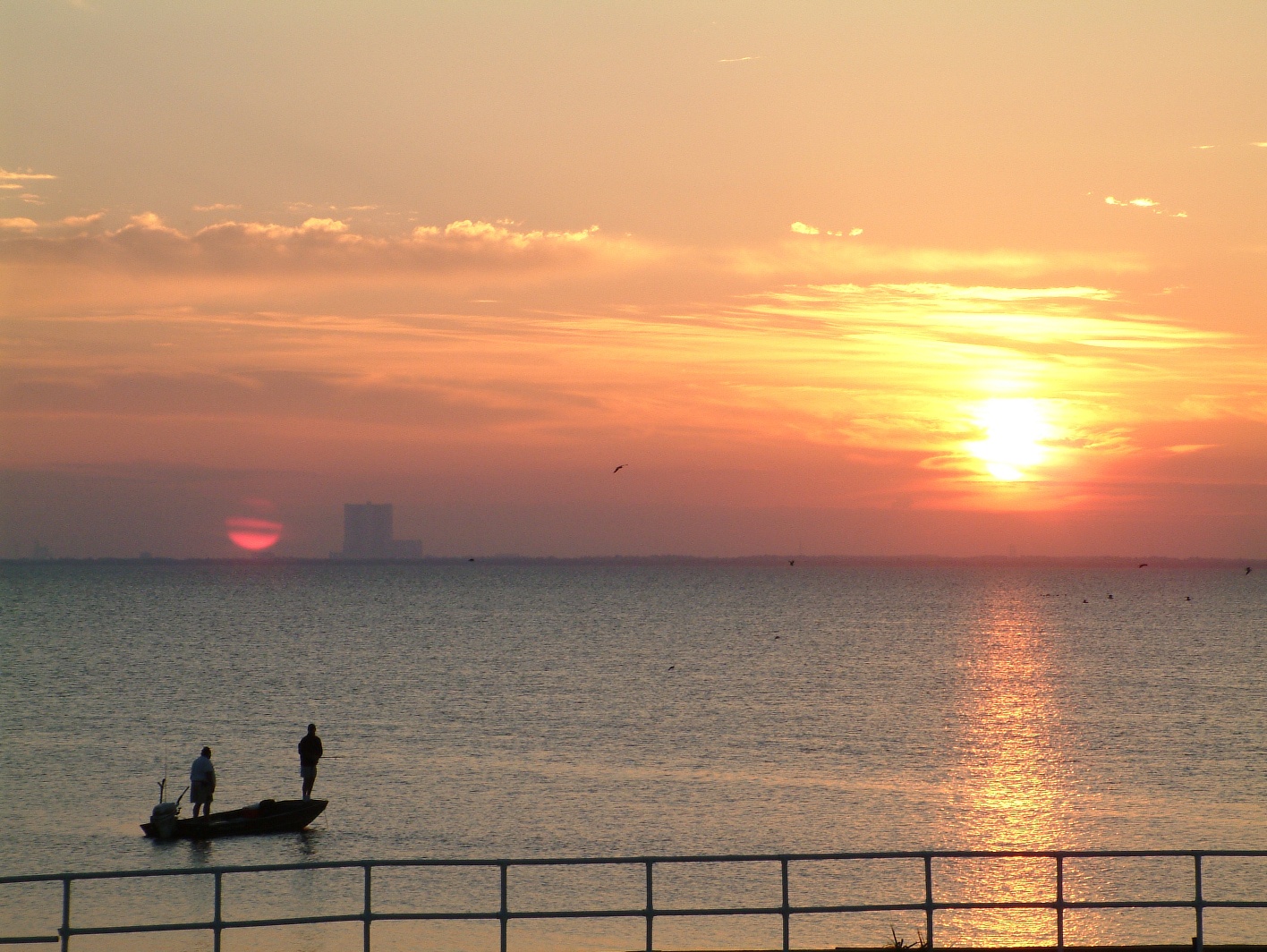It is time for us to accept that our mind exists entirely within ourselves. The construct that is Duality is false.
For far too long humans have talked about our “mind” almost as a separate part of our existence. We long to avoid death and we would like to believe that we aren’t just the product of cells, chemicals and electricity. We talk about consciousness as though it’s some magical, other worldly, thing that produces us. There’s this idea that we have “free will” and we are able to make choices and react to things outside of our experiences. The worst possible interpretation of this is that our mind is our soul and it will be preserved when our body dies. This kind of thought leads to myths and stories of eternal life, these things are dangerous to mankind.
The evidence is quite clear though. We exist within our bodies. Our thoughts are contained within our skulls. There is no single place within our brains where our “soul” or consciousness reside. What we consider to be our thoughts and free will are simply electrical and chemical signals developed within our brain, across the entirety of it. If parts of our brains are damaged our personality may change. Other parts of the brain can learn how to counteract the damaged parts. We are the sum of our experiences mixed with some pretty basic instincts.
Just because I dismiss the human psychological construction of duality doesn’t mean I don’t find everything fascinating. It is simply quite stunning how we have developed over time to become these thinking beings, able to discover the rules of the world around them, able to manipulate the environment to produce more humans. Very slowly we are coming to a collective recognition that we are failing the planet, that we need to stop carrying on, but that requires political will and that is desperately lacking.
Our emotions are chemicals and reactions developed and evolved over millennia. This doesn’t make it any less magical. It makes it more magical. The mystery isn’t removed when we accept what is plainly true, it allows us to wonder at what we now know. Just because we know the truth it doesn’t stop feelings being real.
On the matter of free will I should explain why we have none. We have the ability to make decisions and we constantly do that based on the available information. As our decisions are part of a chemical and electrical brain it is clear to me that if we were placed in exactly the same situation again with the same stimulae we would make the same decision. There is no way we would have done something different. Our language has developed so that we talk about “changing the course of history”. What a bullshit phrase that is. The things that have been can’t be changed. The course of our futures is unknown. We don’t change the future. The future just happens. We can’t change the decisions we have already made and we most definitely won’t choose a different path in the future. We are the product of our chemistry.
Does this mean that we can predict our future choices? No. Our brains are quite brilliantly complicated and simple at the same time. There is no way we can really model a brain at the moment. We can’t take a snap shot of our brains and then run those processes forward. Even if we could as soon as the external influences were different the two minds would diverge with increasing speed.
I am constantly amazed at how we humans have developed our understanding of the universe while at the same time deluding ourselves about reality.
